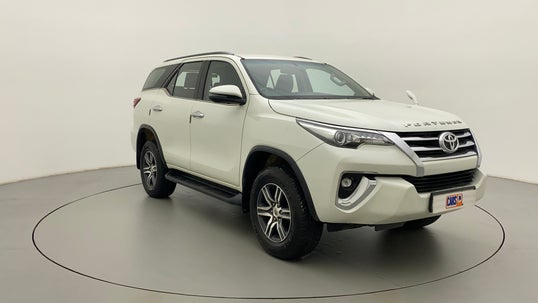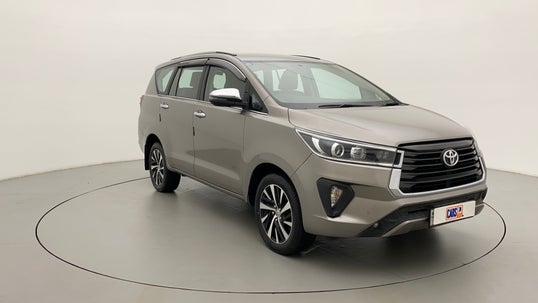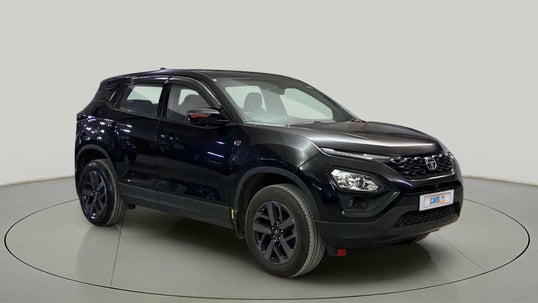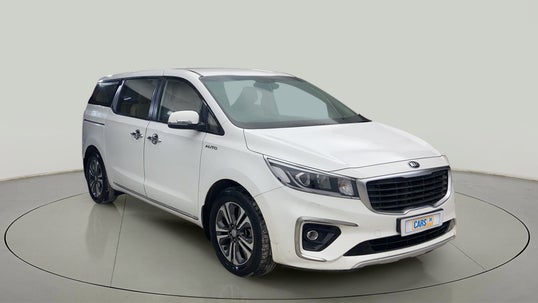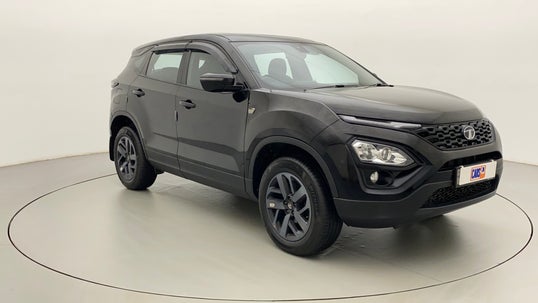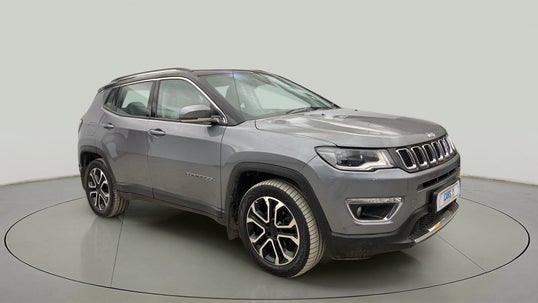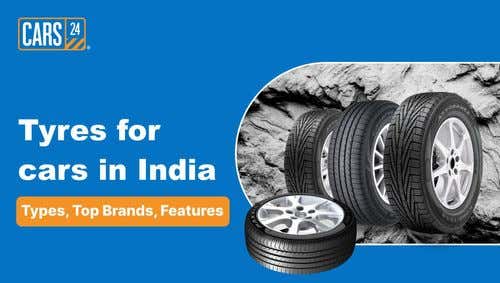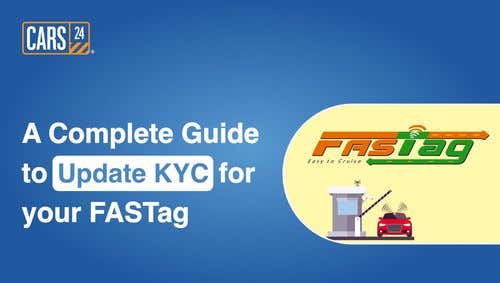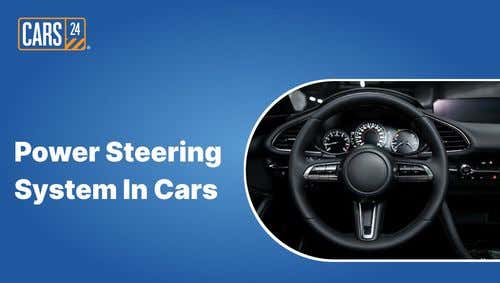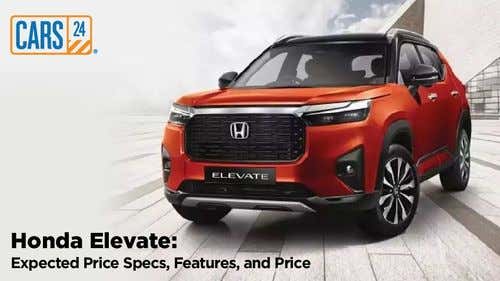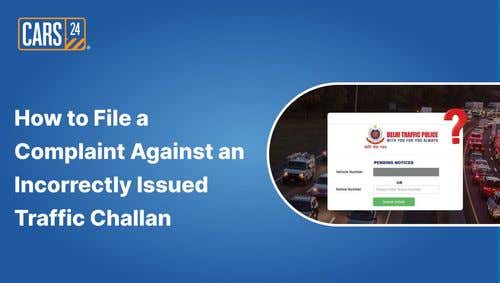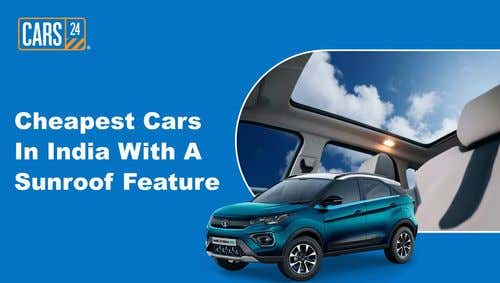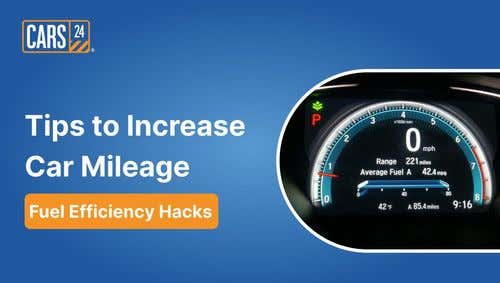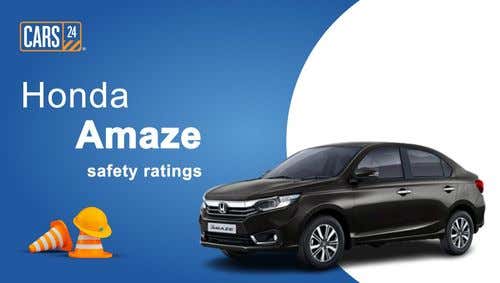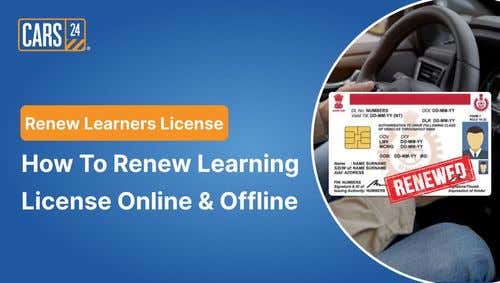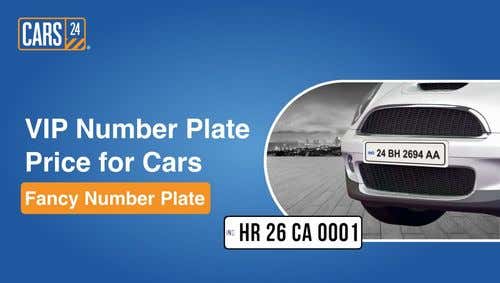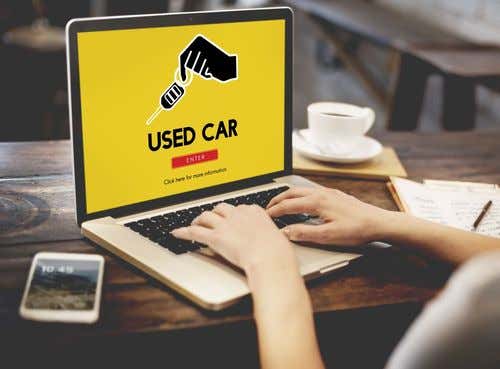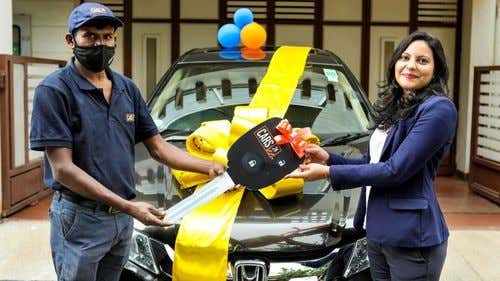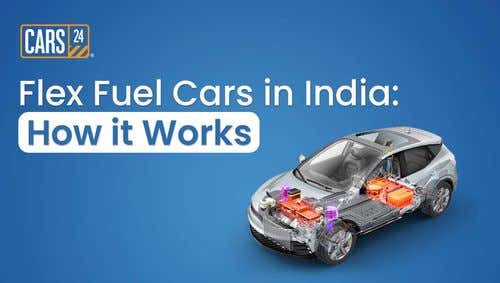Understanding the New Regulation on Deemed Ownership of Second-Hand Cars

Updated on: 26th May, 2023 IST
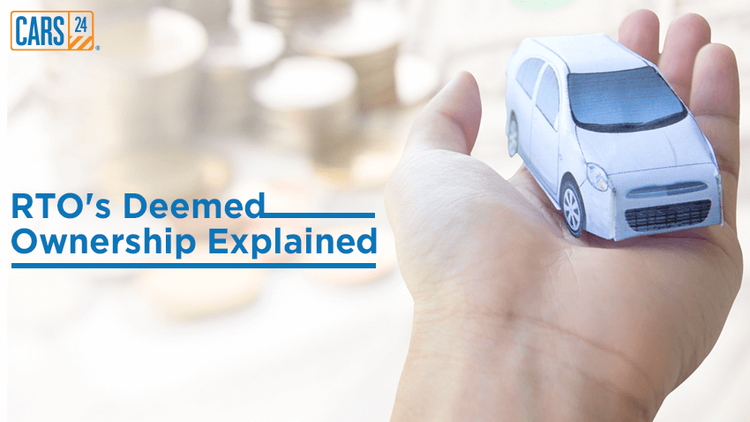
Fretting over buying a pre-loved car or selling an existing one? You’re not alone.
It can be an extremely daunting task to navigate a car sale or purchase, especially when there’s endless documentation and a lack of information about the dealer.
However, all your woes are nearing an end because the law of the land has your back! The Indian Legal System now requires every dealer to be ‘authorised’ for purchasing and selling cars, keeping buyers and sellers protected with a verified paper trail of every sale and purchase! Want to know more? Read on!
The Ministry of Road Transport and Highways on December 22, 2022, published the Central Motor Vehicles (Twenty-Sixth Amendment) Rules, 2022, that now requires used-car dealers to get an authorisation to possess and deal in used cars, thus protecting buyers and sellers in the process.
Wondering what the statute says? We’ve simplified the latest amended provisions for you so that you can sell your car stress-free or happily drive home a pre-loved car!
Table of Contents
What does the new rule say?
In order to bring accountability and transparency in the sale and purchase of vehicles in India, the amended rules require pre-owned vehicle dealers to get ‘authorization’ from the Regional Transport Office to legally deal in the resale of vehicles.
The new rule being effective from April 1, 2023, includes any person or business that deals in the sale or purchase of used vehicles.
As per the new rules for used car ownership, dealers operating within the used car marketplace are legally required to obtain authorization via Form 29 A and Form 29 B and fulfil the following conditions:
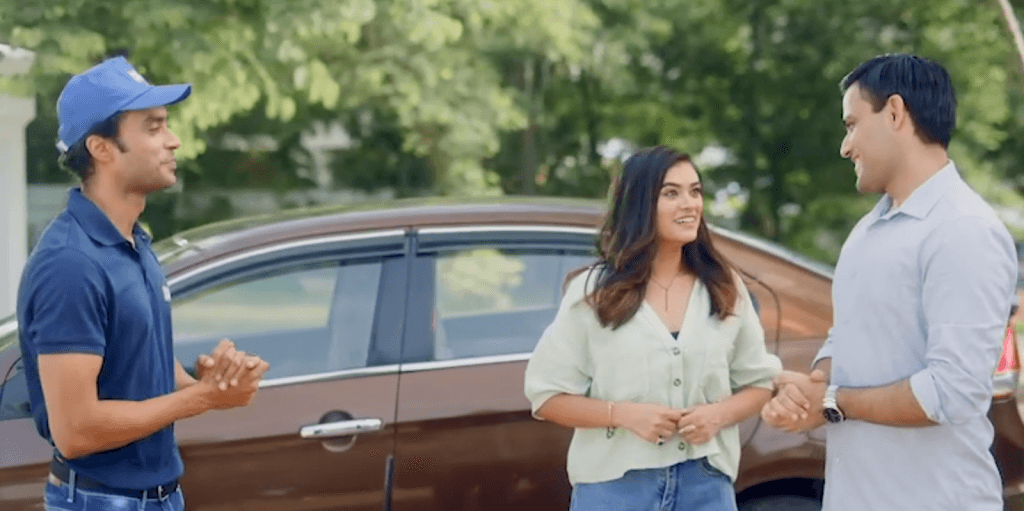
- Dealers must NOT use the pre-owned vehicles on public roads except for test drives for prospective buyers, exhibitions, maintenance, inspections or refurbishment.
- The authorised dealer must maintain a trip register and an inventory record for every vehicle they have in their possession. Such details must be stored electronically within mandates prescribed by Form 29 E and Form 29 F.
- Such authorisation will remain valid for a period of 5 years from the date of initial issuance or renewal.
- The registered owner and the authorised dealer must file Form 29C to intimate the authority upon the delivery of the vehicle. Once this is submitted, the authorised dealer shall be the deemed owner (‘DO’) of the used car and held solely responsible for all incidents related to this vehicle. Form 29C can only be filed when there are no challans, no hypothecation on the vehicle or any other issue. Let’s take CARS24 Services Private Limited (CSPL) as an example. In the event that CSPL acquires a vehicle that is encumbered by issues of hypothecation or challan, it is imperative that these issues are resolved prior to the submission of Form 29C. This form can only be filed once the aforementioned issues have been duly addressed and rectified.
Wait, who is a deemed owner? How does this amended law affect me as a buyer/seller of a used car?
Let’s say you’re waiting for a used car which is present with a dealer, to be transferred in your name. The dealer in possession of this used car will be considered the deemed owner of this vehicle until it is sold and transferred to you, the new owner.
Wondering who benefits from this? The buyer and the previous owner are both beneficiaries of this amended law.
The buyers remain protected because they are purchasing the car from a verified dealer.
As a seller, you would be relieved of your liability when you sell your vehicle to an authorised dealer who then becomes the deemed owner of the vehicle, and has to take responsibility for any incidents occurring while the vehicle is in their possession.
Simply put, you won’t be held responsible if any accident or criminal activity comes to light because the liability would have been transferred to the authorised dealer.
Why do we need this law?
Picture this: Ridham sold his Hyundai i20 to Ritesh, a car dealer, on August 11, 2022. Ritesh then sold it to Amit on January 31, 2023. Amit was involved in an accident the very next day, where he was at fault, but decided to flee the scene.
When this matter was reported to the police, Ridham was the one apprehended since he was the registered owner of the car. This can only happen if the ownership of the vehicle has not been transferred with the RTO, or if a dealer was involved as a middleman.
Now, if the same thing happens after April 2023, the dealer currently in possession of the used car will be the one held responsible for any such incident that occurs, and not the previous owner/s!
The new rules for used car ownership will positively impact car owners who will now be protected against accidents or any fraudulent activities taking place in someone else’s possession of their vehicle post-sale.
It will also become easier to manage problems like incomplete or inaccurate paperwork, wrongly issued e-challans, and delayed vehicle registration or ownership transfers. This law will make second-hand ownership of vehicles more transparent and trustworthy, thus helping the used car market in India flourish.
FAQs
Q. Who is responsible for changing ownership of a vehicle in India?
Both the buyer and seller of a vehicle are equally responsible for changing ownership of a vehicle in India. If a vehicle is sold through E-commerce players such as CARS24, the process of changing the ownership can also be taken care of by them, with the support of Sellers. They must file the necessary documents with the State Transport Authority to meet the post-sale legal requirements.
Q. Can someone else change my car ownership?
No, as per the Amended Rules, 2022, ownership of a vehicle changes only after Form 29B and 29C are filed and acknowledged.
Q. Can I transfer ownership of my car online?
Yes, you can transfer the ownership of your car online through the Parivahan Sewa portal managed by the Ministry of Road Transport & Highways.
Q. Is it safe for me to buy a car from or sell a car at CARS24?
Yes, absolutely!
Q. Do I need to visit the RTO after an online transfer application?
Generally, if all the documents are correctly uploaded, the seller may not be required to visit the RTO office, however, in certain exceptional circumstances, the RTO officer might call the seller for an in-person visit.
Q. Will I still be responsible for Challans, Insurance renewals, etc. after the vehicle is sold to CARS24?
No, once your vehicle is sold to the authorised dealer, he shall be responsible for any such liability because he is the Deemed Owner.
Q. Is CARS24 registered as a Dealer in compliance with the new MV rules?
We will apply for the authorisation application with MoRTH and are focused to be fully compliant with the new MV rules as and when the portal is live.
Q. Once I have transferred the vehicles, can I still take it back?
Yes, if the vehicle was transferred by you and you are not satisfied with the sale, provided ownership of such vehicle is not transferred to the end customer, you can file Form 29D with the concerned RTO for taking the vehicle back. However, this is required to be in agreement with the Deemed owner of the vehicle as well.
Q. I sold my vehicle to CARS24 but have not filed Form 29C. Will I be responsible for any issues, damage, challan, etc. after the sale of the vehicle?
You will continue to be safeguarded by the CARS24 Customer Protection Policy. CARS24 will support you in case of any such scenarios after the sale of the vehicle.
Buy recently added cars
Other Blogs
- Recent
- Featured
Popular Cities to Sell Car

